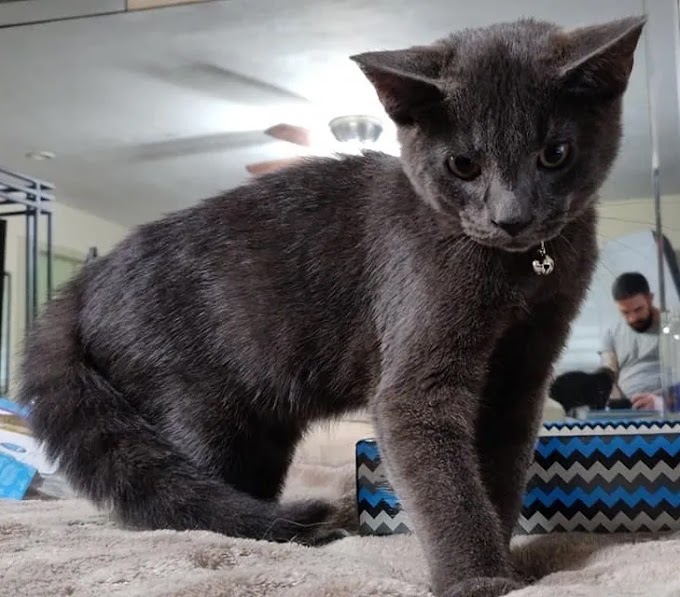It's always shocking for me to see an extremely sick cat, while the owner has not noticed any obvious signs of illness. It has happened twice in recent weeks. Paris, a 6 year old cat, had a huge liver cyst. It was easily the size of your two fists, putting pressure on all his abdominal organs. And Paula, a 12-year-old cat, had a cancerous tumor the size of a kiwifruit along her small intestine. In both cases, the first signs of illness were noticed just 2 days before the surgery!
And I do not mean careless owners. No, I'm talking about good, concerned and caring owners who just did not notice or could not notice very early subtle or subtle hints that something was getting ready inside. Why is it so difficult to identify these signs? Perhaps because cats have so well kept the ability to hide the signs that they sometimes go unnoticed. Remember, when animals are sick in the wild, they are eaten. [Editor's Note: Remember that having your cat checked on a regular basis is your best way to make sure you detect problems as soon as possible. Unfortunately, far too many cats go away, making it more difficult to impact the evolution of the problems.
Eating too much or too little can potentially mean an illness. If you notice a change anyway, you must inform your veterinarian. There are countless diseases that can cause overeating or loss of appetite. Your job as a veterinarian will be to research why. This usually starts with blood tests, X-rays and / or ultrasound.
2. stinky breath
A nauseating odor from your cat's mouth can be synonymous with gum disease or tooth decay. Brushing your cat's teeth is a good way to reduce these risks. Imagine if you spent 5, 10 or 15 years without brushing your teeth! In addition, a breath that smells of ammonia may be a sign of kidney failure.
3. Eliminate outside the litter box
4. Weight change
5. Change of behavior
If your normally social cat suddenly becomes antisocial, there may be a medical reason. A classic sign of illness is hiding: Kitty feels bad, tries to hide from "predators" and hides in a closet or under a bed.
Lack of grooming can cause a dull or greasy coat, which may indicate skin disease or other problems. Some cats over-toil and end up with bald patches. Skin parasites, such as fleas or scabies, or even stress can cause this behavior.
7. Change of activity
A sudden increase in activity level in a middle-aged to older cat may indicate overactive thyroid. If your cat seems less enthusiastic about moving or playing, it may indicate arthritis or other problems.







0 Comments